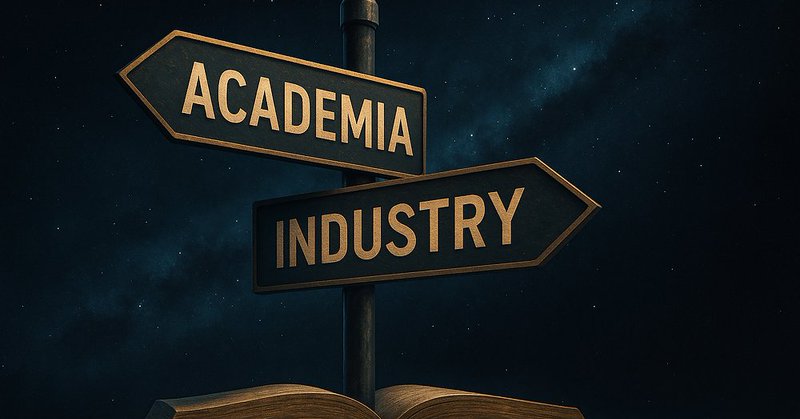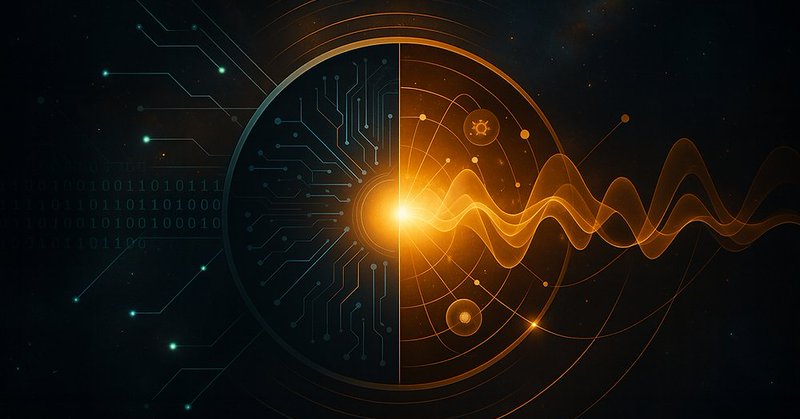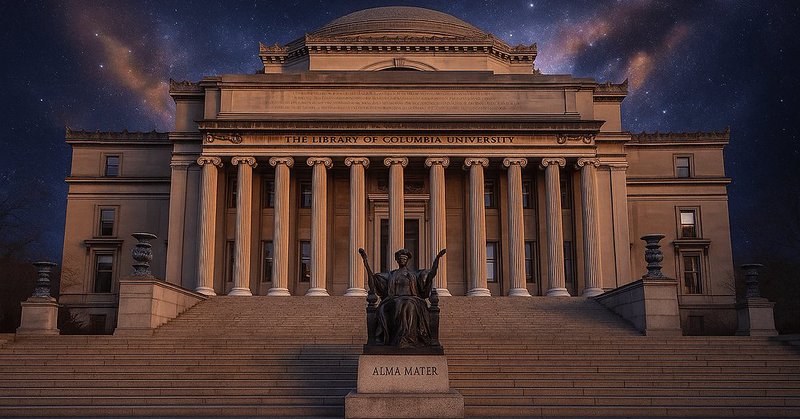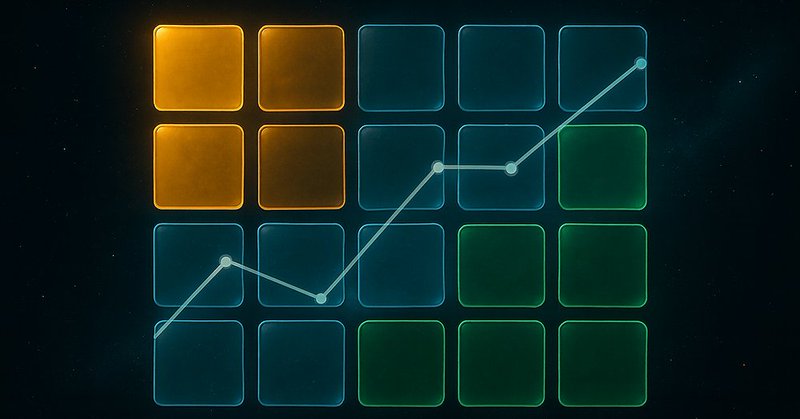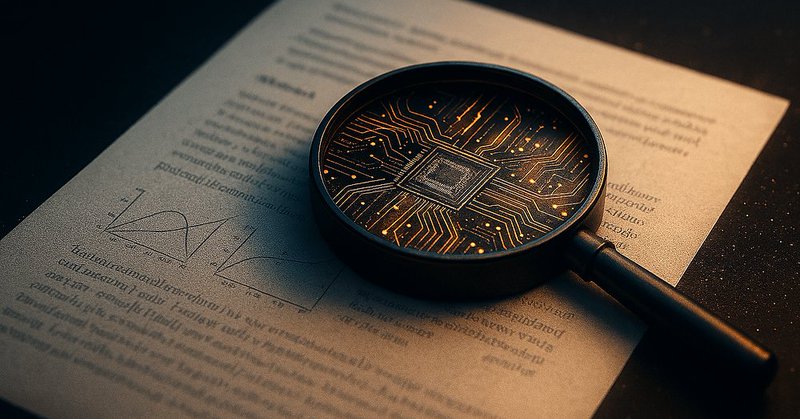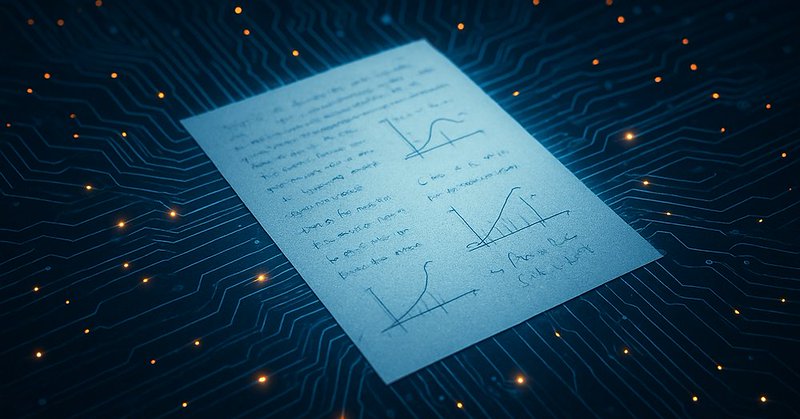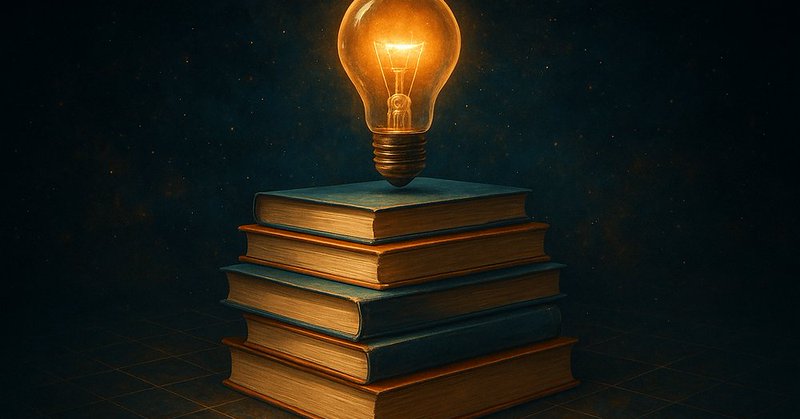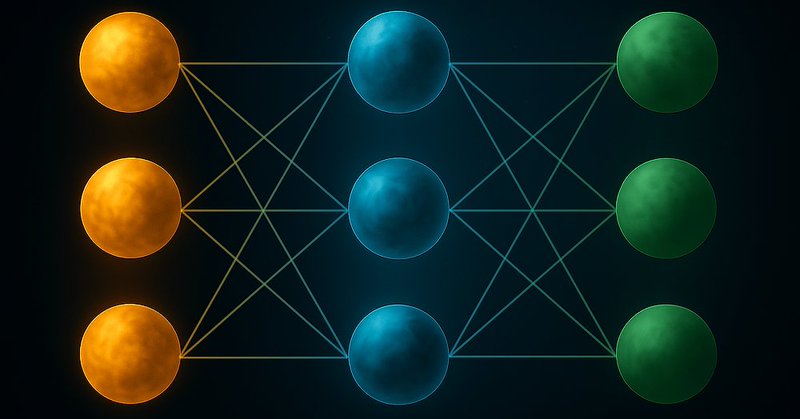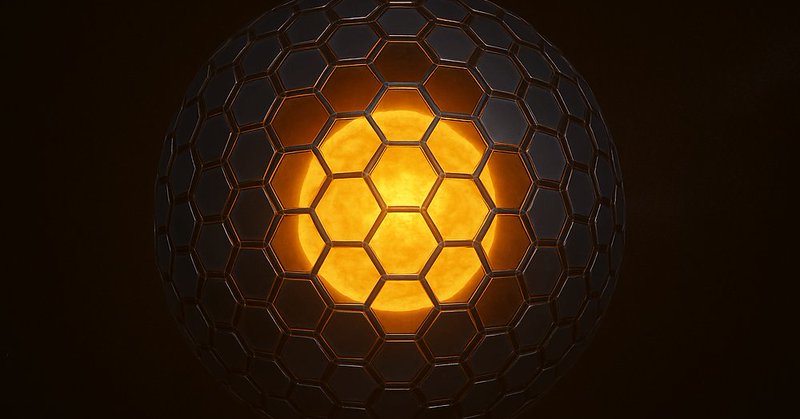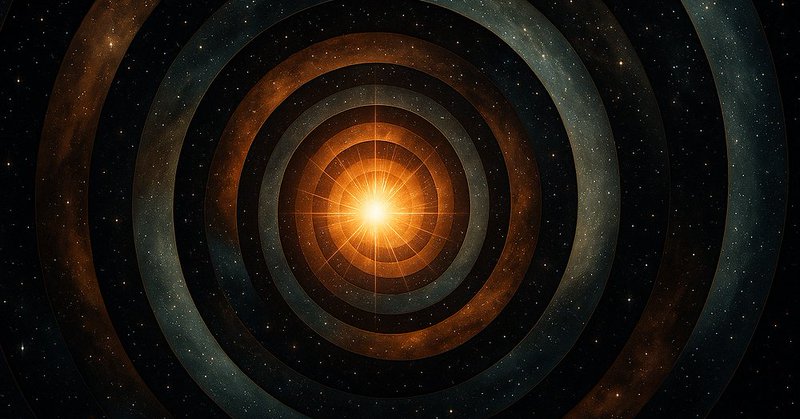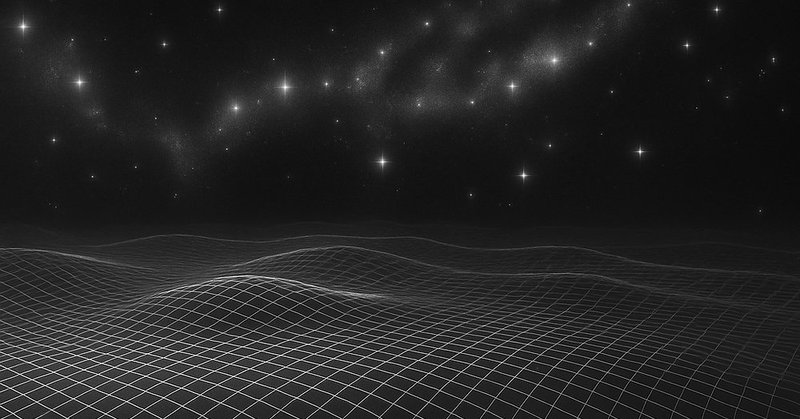
FirstPrinciples
@FirstPrincip1es
Followers
5K
Following
20
Media
39
Statuses
143
FirstPrinciples is the non-profit foundation dedicated to advancing our understanding of the universe's fundamental principles.
Joined July 2024
Scientists are leaving academia for industry. Not to quit research, but to do it differently. In our latest article, we spoke with planetary scientist Elizabeth Frank, now harnessing AI and Apollo-era lunar data to drive discovery. 🔗 #academia.
firstprinciples.org
More scientists are leaving academia, trading tenure-track hurdles for the speed and flexibility of industry. For physicist Elizabeth Frank, that shift meant moving from mapping Mercury to mining the...
1
0
0
We were proud to sponsor this year’s 2025 IAIFI (@iaifi_news) Summer School, where early-career researchers explored the intersection of AI and fundamental science, building the foundations for future breakthroughs. 🔗 #AIInnovation #Science.
firstprinciples.org
At the intersection of artificial intelligence and fundamental physics, the NSF Institute for Artificial Intelligence and Fundamental Interactions (IAIFI) is preparing scientists to learn, think and...
2
0
4
Breakthroughs at Columbia start with collaboration: shared labs, cross-disciplinary ideas, and open doors. Lucila Pinto (@luchipaint) shares proof that when physicists, chemists, and engineers work in sync, science blooms. 🔗 #QuantumScience #Innovation.
firstprinciples.org
At Columbia University, quantum breakthroughs emerge from a culture of shared labs, ideas, and materials. What began as informal collaboration has become a scalable model for cross-disciplinary...
1
0
0
💡 GLM‑4.5: open, generalist. 🧠 Aristotle: rigorous, specialist. 📊 Across models: a flood of benchmarks run the risk of splitting our focus. AI isn't just evolving, it’s diverging. Read more 🔗 #AI #Benchmarks #Reasoning.
firstprinciples.org
Z.ai's new open-source model and Harmonic's math-native chatbot highlight contrasting strategies for AI reasoning, while a new wave of increasingly specialized benchmarks invites us to rethink how we...
0
0
2
AI is reshaping science, from simulation to peer review. We looked at how these shifts raise new questions around trust and transparency. Join our AI Physicist community to explore more. 🔗 #AIinScience #LLMs #PeerReview #Simulation.
0
0
1
A new internet is emerging, secured by the laws of physics. 📡. Researchers around the world are testing early models of a quantum internet. Colin Hunter looks at Canada's QEYSSat mission and how it fits into a growing global effort. 🔗 #QuantumInternet.
firstprinciples.org
A new kind of network is emerging. One that could enable ultra-secure communication, safeguarded by the laws of physics. As the race to build a quantum internet accelerates, nations are vying for...
0
0
0
Hidden prompts are shaping peer reviews, sometimes without leaving a trace. As large language models enter science, new vulnerabilities emerge. How do we protect scientific integrity in the age of AI?.🔗 #AIinScience #PeerReview #LLMs.
firstprinciples.org
Hidden prompts buried in preprints show how easily large language models (LLMs) can be manipulated, exposing a deep vulnerability in science’s quality-control system. As artificial intelligence (AI)...
0
0
1
Since 2016, the Flatiron Institute has built a new kind of research engine, one that’s advancing science through computation, collaboration, and open tools. Explore how the institute is doing science differently 🔗 #ComputationalScience #OpenScience
0
0
1
AI just got a tough physics exam, and didn’t pass. PhysUniBench tests models on undergrad-level physics. Even top systems got only ~1 in 3 questions right. Why? Find out in our latest article 🔗#AI #Physics.
firstprinciples.org
Large language models have advanced dramatically in recent years, yet when physicists gave them an undergraduate-level test, even the best models were only correct on around one out of every three...
0
0
0
String theory isn’t just about strings anymore. From superstrings to branes, the field has transformed, raising the question: should it still be called “string theory”?. 🔗 #TheoreticalPhysics #StringTheory #MTheory.
firstprinciples.org
String theory was once hailed as the “theory of everything” — a unified model of nature built on tiny vibrating strings. But after decades of expansion, the field has evolved beyond its namesake,...
0
2
4
What is AI, really?. From symbolic systems to neural networks, our latest Primer breaks down how today’s models learn, reason, and fall short of true understanding. 🔗 #AI #MachineLearning #DeepLearning #LLMs.
firstprinciples.org
What is AI? From symbolic logic to large-scale neural networks, we're unpacking how today’s systems learn, generate, and reason alongside the the misconceptions and challenges of applying AI in...
0
1
3
From technology to behavioural economics, the @SloanFoundation's thoughtful approach has shaped major shifts in science. Matt von Hippel (@4gravitons) explores its legacy as Adam Falk prepares to step down. 🔗 #Research #Science #Philanthropy.
firstprinciples.org
Sloan Foundation president Adam Falk is stepping down this year after seven years leading the iconic organization. He spoke with FirstPrinciples about how the foundation’s philosophy has given it an...
0
2
5
From logic trees to language models, AI has come along way. However, it still falls short of reasoning like a scientist. Our latest post explores why scientific understanding requires more than pattern recognition. 🔗 #AI #Science #Reasoning.
firstprinciples.org
From rule-based ‘expert systems’ to neural networks, AI has long chased the dream of scientific reasoning. But while today’s models are good at pattern matching and can generate code or summarize...
0
3
5
Could Dyson spheres be stable? In our latest post, Matt von Hippel (@4gravitons) spoke with Colin McInnes to explore how binary star systems might support megastructures once thought impossible. 🔗#DysonSphere #Space #Engineering.
firstprinciples.org
Artificial structures surrounding an entire star were thought to be impossible. A new calculation shows that they could be supported by the gravity of a second star.
0
1
4
“This discovery was both profoundly puzzling and incredibly exciting.”. In this excerpt from Battle of the Big Bang (out May 29, 2025), Afshordi and Halper revisit cosmic origin stories and a gripping arc of scientific debate. 🔗 . #BigBang #Cosmology.
firstprinciples.org
Astrophysicist Niayesh Afshordi and science communicator Phil Halper explore theories—from black holes birthing universes to the end of cosmic singularities—in a sweeping narrative that challenges...
0
0
4
Gravity: weak by nature? Matt von Hippel (@4gravitons) explores the Weak Gravity Conjecture—why physicists suspect gravity must be the weakest force in any consistent theory of quantum gravity. 🧠 #Physics #QuantumGravity #WeakGravityConjecture.
firstprinciples.org
In 2006, a group of physicists proposed a bold idea: that gravity must be the weakest force in any consistent theory of quantum gravity. Almost twenty years later, this so-called Weak Gravity...
0
1
3

